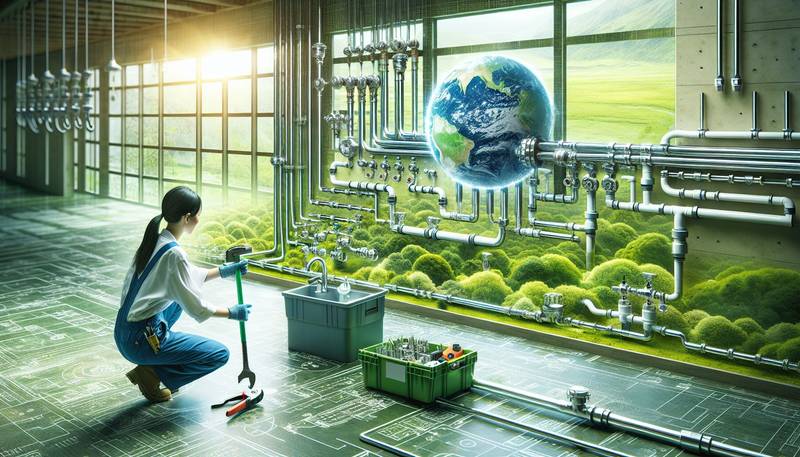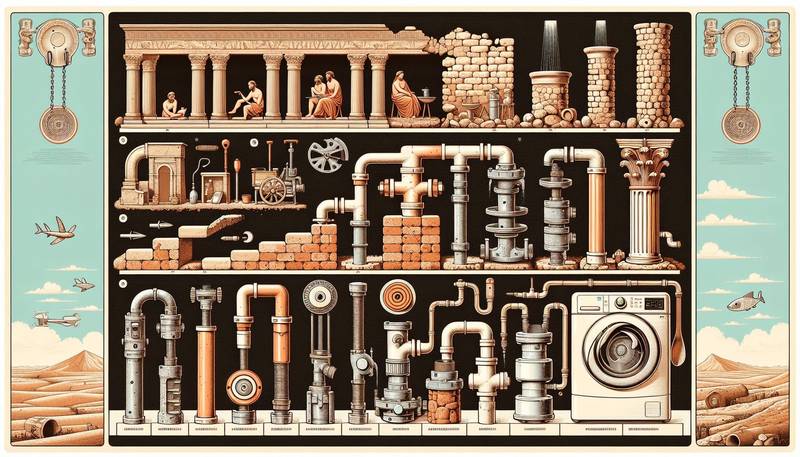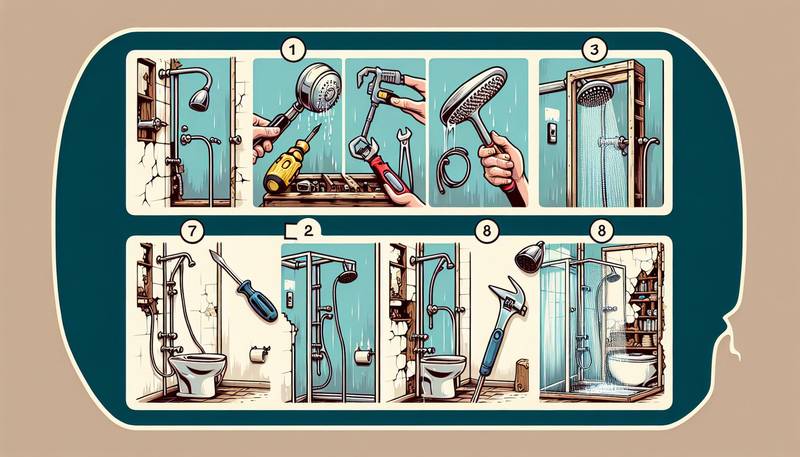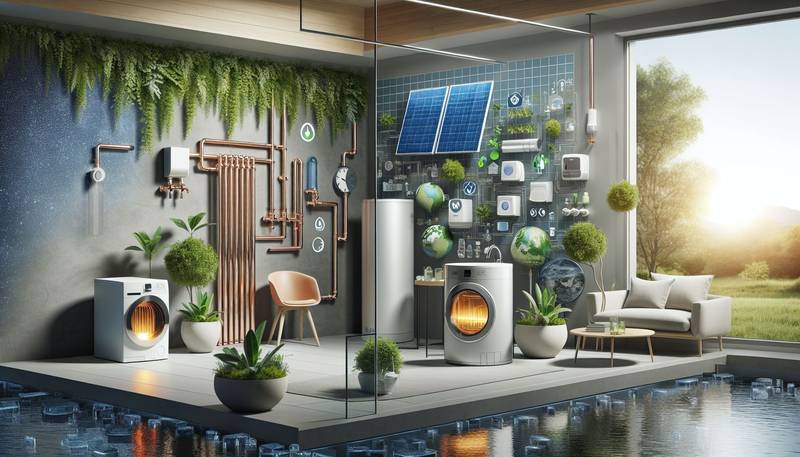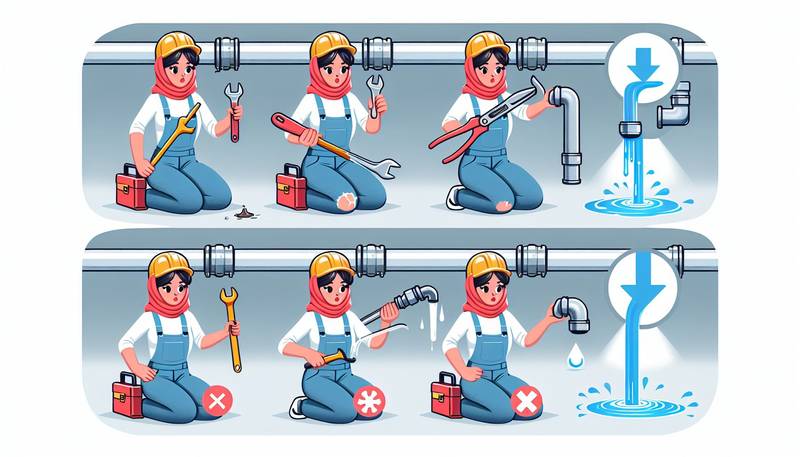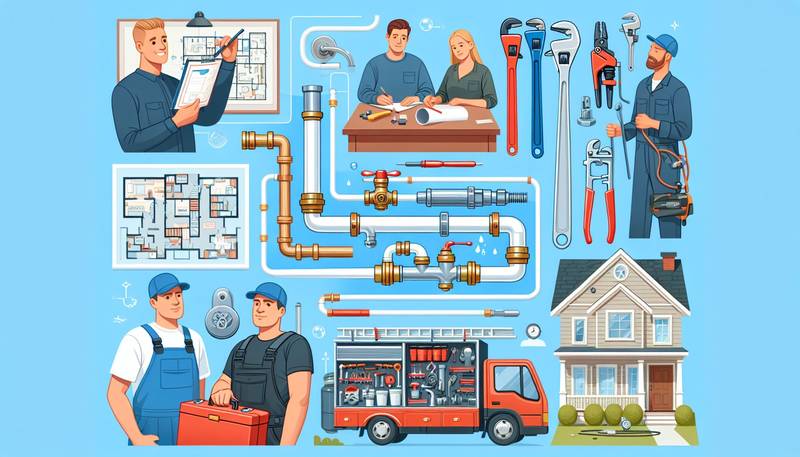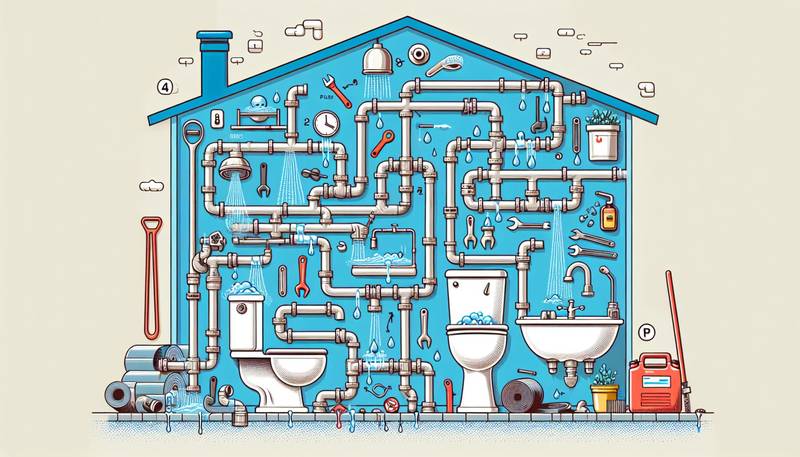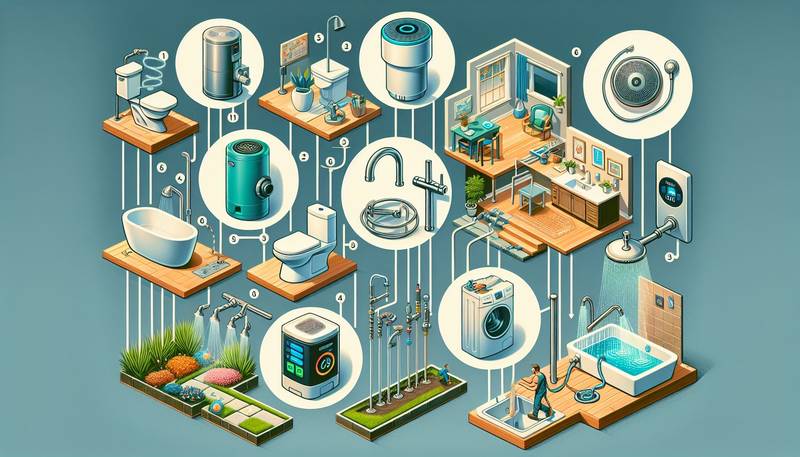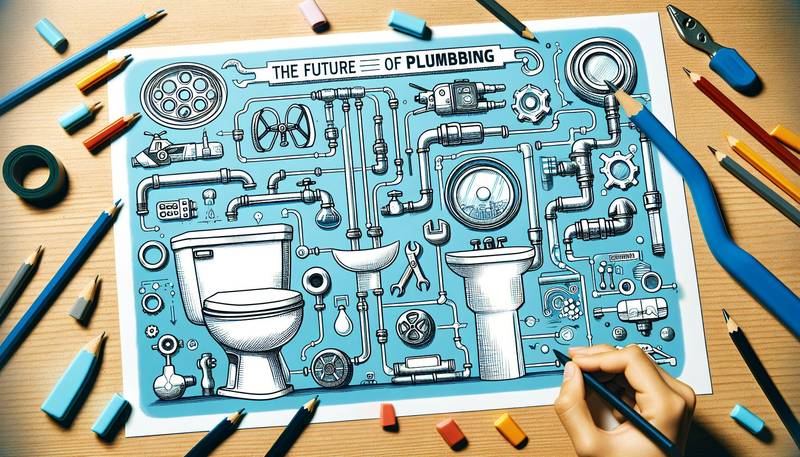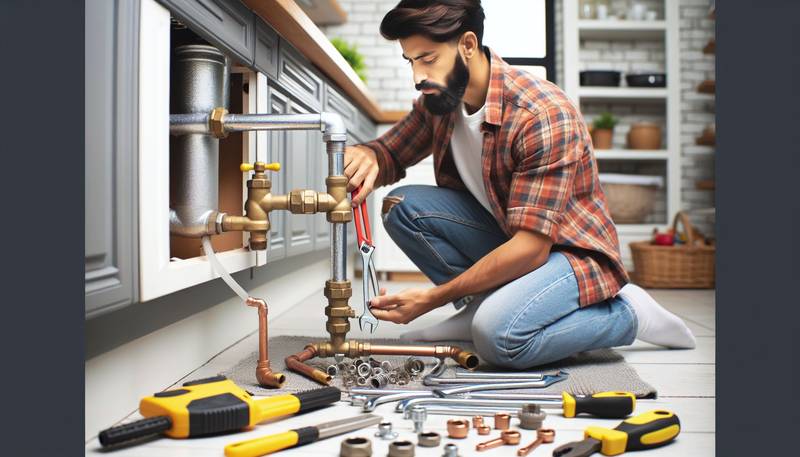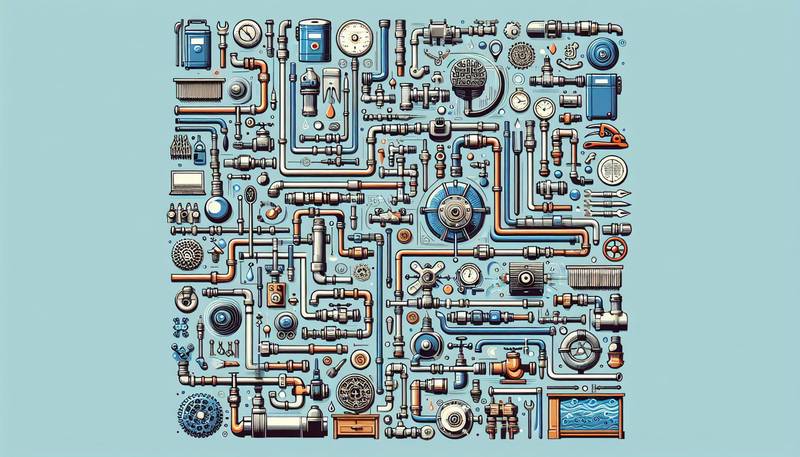Eco-Friendly Plumbing Solutions: Jobs with an Environmental Impact
By prioritizing sustainability in plumbing solutions, we can reduce our environmental footprint and contribute to a healthier planet. In this article, we will explore the various eco-friendly plumbing solutions that are available today and the impact they can have on the environment.
The Importance of Eco-Friendly Plumbing Solutions
Plumbing is an essential part of any building infrastructure, but traditional plumbing practices can have a negative impact on the environment. Conventional plumbing systems often waste water, use energy inefficiently, and contribute to pollution through the use of harmful chemicals. By adopting eco-friendly plumbing solutions, we can address these issues and create a more sustainable future.
Water Conservation
One of the key aspects of eco-friendly plumbing is water conservation. Traditional plumbing systems can be extremely wasteful, with leaks, inefficiencies, and outdated fixtures contributing to unnecessary water usage. By upgrading to water-saving fixtures such as low-flow toilets, faucets, and showerheads, we can significantly reduce water consumption in our homes and buildings. Additionally, installing smart irrigation systems and rainwater harvesting systems can further minimize water waste and ensure that our water resources are used efficiently.
Energy Efficiency
In addition to water conservation, energy efficiency is another crucial component of eco-friendly plumbing solutions. Heating water accounts for a significant portion of energy usage in buildings, so optimizing water heating systems can lead to substantial energy savings. Installing high-efficiency water heaters, insulating hot water pipes, and using heat pump water heaters can all help to reduce energy consumption and lower utility bills. By incorporating energy-efficient practices into plumbing systems, we can lessen our reliance on fossil fuels and decrease our carbon footprint.
Sustainable Materials
Another important consideration in eco-friendly plumbing is the use of sustainable materials. Traditional plumbing systems often rely on materials that are harmful to the environment, such as PVC piping and lead solder. By choosing eco-friendly alternatives such as PEX piping, copper piping, and non-toxic sealants, we can minimize the environmental impact of plumbing installations and repairs. Sustainable materials are not only better for the planet but also for the health of occupants, as they reduce exposure to harmful chemicals and contaminants.
The Role of Plumbers in Promoting Sustainability
Plumbers play a crucial role in promoting eco-friendly plumbing solutions and driving environmental change. By staying informed about the latest green technologies and best practices, plumbers can help their clients make informed decisions that prioritize sustainability. Whether it's recommending water-saving fixtures, conducting energy audits, or advocating for the use of sustainable materials, plumbers have the power to make a positive impact on the environment. By embracing eco-friendly plumbing solutions, plumbers can contribute to a greener future for generations to come.
Conclusion
In conclusion, eco-friendly plumbing solutions are essential for mitigating the environmental impact of traditional plumbing practices. By prioritizing water conservation, energy efficiency, and sustainable materials, we can create a more sustainable and environmentally friendly built environment. Plumbers play a critical role in promoting sustainability and driving the adoption of eco-friendly plumbing solutions. By working together to implement green technologies and practices, we can pave the way for a healthier planet and a brighter future.
